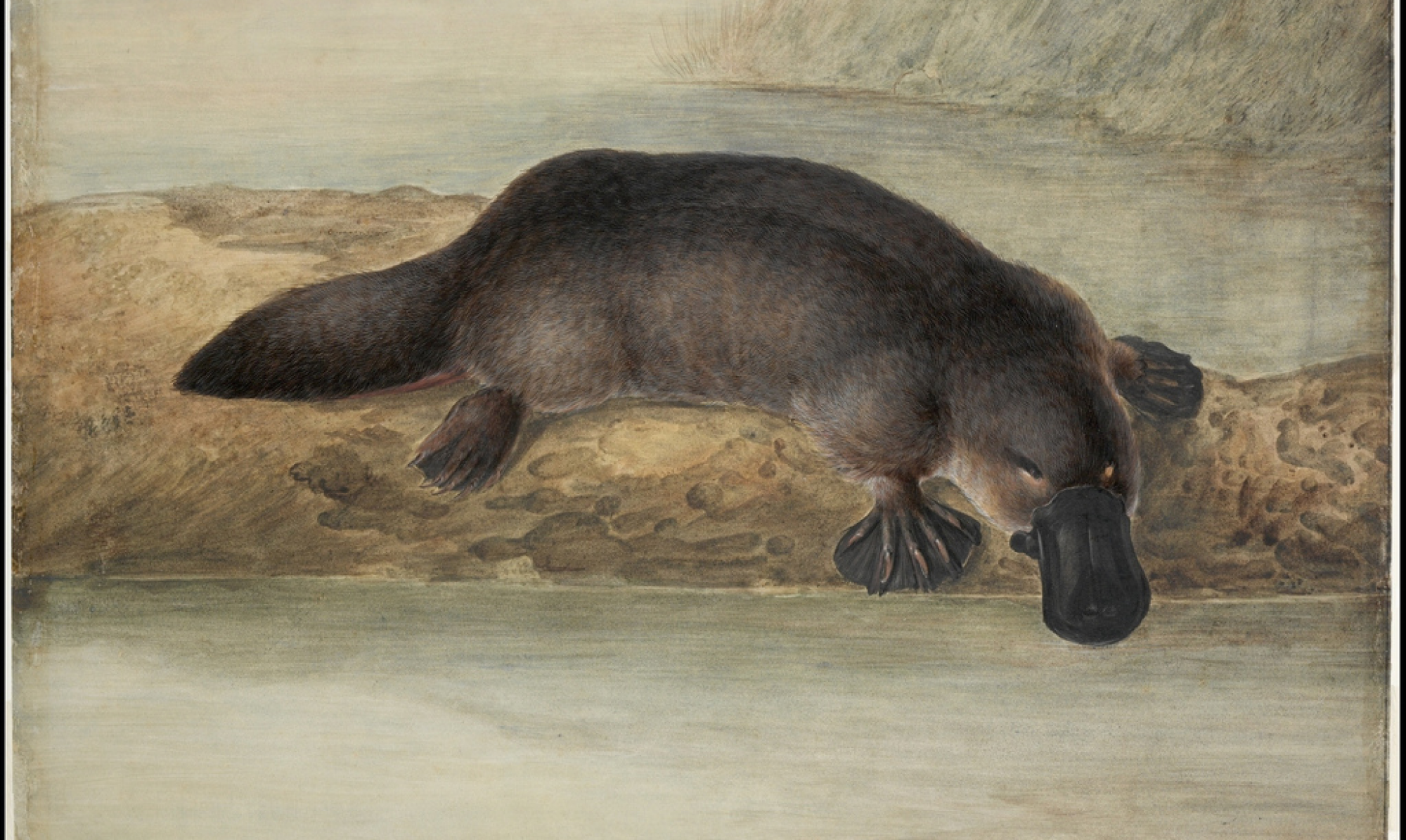The Peace of Wild Things–Wendell Berry
When despair grows in me
and I wake in the night at the least sound
in fear of what my life and my children’s lives may be,
I go and lie down where the wood drake
rests in his beauty on the water, and the great heron feeds.
I come into the peace of wild things
who do not tax their lives with forethought
of grief. I come into the presence of still water.
And I feel above me the day-blind stars
waiting for their light. For a time
I rest in the grace of the world, and am free.
I sometimes read the conservative website National Review, and have, over time, observed something striking: nature is rarely accorded any intrinsic value—there are only “natural resources”—no acknowledgement that the multiplicity and complexity of the natural world is miraculous and profoundly moving by its very existence–or that it is essential for human wholeness, or that our failure to cherish and protect the wild world is a form of madness.
In a recent opinion piece Kevin D. Williamson waxed poetic about the remarkable miracles of human technology and initiative, while lamenting the disasters that still befall human beings. Nowhere—nowhere—was there a suggestion that–for example– the complex ecosystem of the Amazon, which gives breath to the earth, and houses an unimaginable biodiversity, is a miracle worthy of awe, reverence, and salvation.
Virtually everything in National Review–and increasingly in the vast majority of conservative thought—reflects a blinkered worldview in which human beings stand apart from nature, that our concerns are the only concerns that matter, and that prosperity is defined only in terms of narrow, material benefits to mankind. Remarkable advances of human technology, have, indeed, given millions a more comfortable life, and we are able to witness dazzling technological feats such as probing the outer reaches of the solar system. When the recent Mars Insight probe landed safely, I was awed–and grateful for our ability as a species to achieve such things.
But I have found that my sense of awe in man’s technological prowess is often exceeded by observing nature—and I am struck with profound sadness and grief over the destruction of wild places and the growing rate of extinction. In the universe of National Review and other conservative organs, the miracle that is our biological inheritance as one sentient being within a living planet is of so little significance that it warrants nary a mention. Indeed, according to Williamson: “The miracle of modern life — modern life itself, really — has one ultimate source: the division of labor.”
The division of human labor, specialization, and human enterprise is worthy of appreciation. Yet I am struck–again–that this worldview has no place for the miracle that is 300 species of hummingbirds, or the fantastic capacity of chimney swifts to migrate thousands of miles, while doing almost everything on the wing. [See Charles Foster’s “In Which I Try to Become a Swift.”] I suppose that the feeling of awe that religious folks get during worship is something like the feeling I get when I see hundreds of swifts gather in the late fall and then suddenly form an avian cyclone as they drop into a chimney without colliding with each other.

On a trip to Brazil in July 2001, I found myself overcome with tears of wonder as I stood in a blind watching dozens of Hyacinth Macaws swoop in to feed on palm nuts. There, is apparently, no place for such emotions in a culture where nature exists only as an extractive resource to be mined, logged, monoculture-farmed and otherwise exploited with value only found in what can be gained from its destruction.
In “What Is Conservatism,” published in National Review in October 2018, the authors put forth their manifesto: “The market economy, allocating resources by the free play of supply and demand, is the single economic system compatible with the requirements of personal freedom and constitutional government; and… it is at the same time the most productive supplier of human needs.”
What if those “human needs” include the need to seek meaning in wild places, in beauty, in solitude and the knowledge that even in places unseen diverse life thrives–and the market system has failed to find a way to value that which is priceless? In an essay in Orion Magazine titled “Down with Descartes,” author Charles Eisenstein wrote:

“…..Looking out upon the strip mines and the clearcuts and the dead zones and the genocides and the debased consumer culture, we ask, What is the origin of this monstrous machine that chews up beauty and spits out money? The discrete and separate self, surveying a universe that is fundamentally other, understandably and logically treats the natural and human world as a pile of instrumental, accidental stuff. The rest of the world is fundamentally not-self. Why should we care about it, beyond its potential to be useful to us? So it was that Descartes, a pioneering articulator of the modern sense of self, articulated as well the ambition to become the “lords and possessors” of nature. And so it was that we built the infernal machine.”
